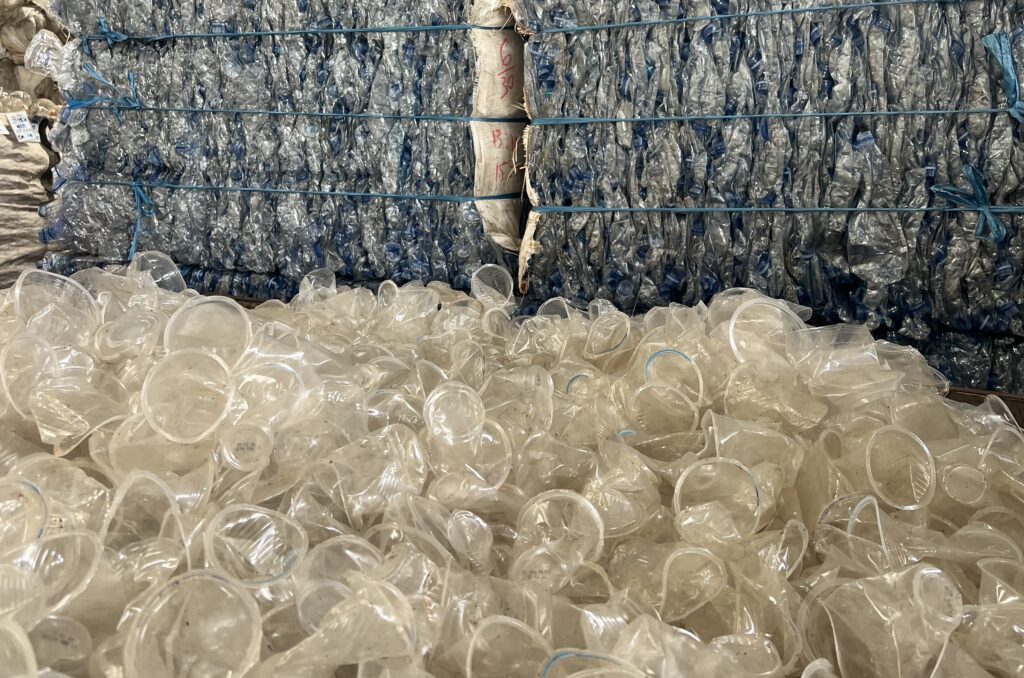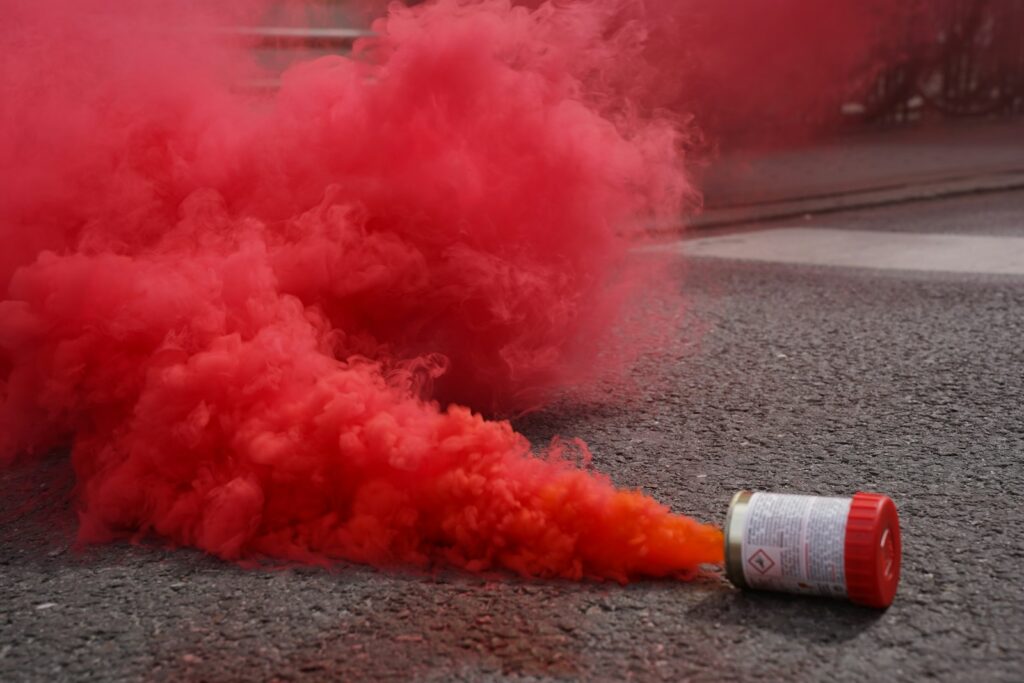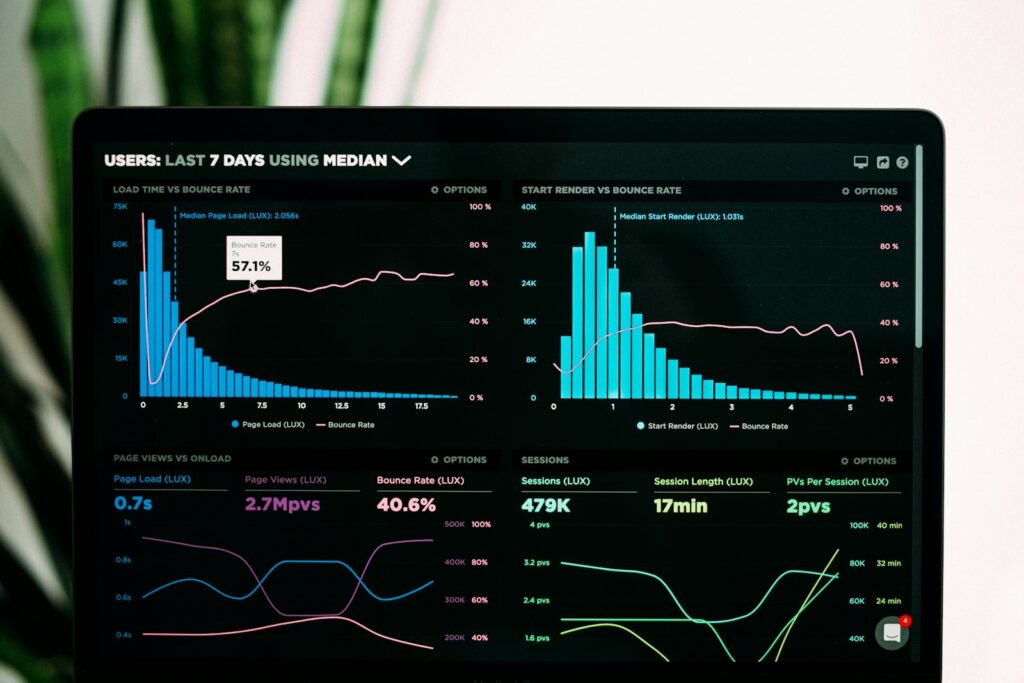In an exclusive interview Lisa Kurbiel, Head of Secretariat of the United Nations Joint Sustainable Development Goals (SDG) Fund tells Environment Journal why 2022 is the year for accelerating action on the SDGs.
The SDGs are a collection of 17 interlinked global goals that are designed to be a ‘blueprint to achieve a better and more sustainable future for all.’
They were set up in 2015 by the United Nations General Assembly and include goals such as zero poverty, affordable and clean energy, and responsible production and consumption – all of which are intended to be achieved by 2030.
However, the Covid-19 pandemic has not only slowed down progress towards these goals but in many areas, it has actually reversed progress.
According to the World Bank, in 2021 the average income of people in the bottom 40% of the global income distribution was 6.7% lower than pre-pandemic projections, while people in the top 40% were just down 2.8%
This is why in January 2022, Lisa Kurbiel headed to Global Goals Week at Expo 2020 Dubai to relaunch the SDG Fund.
‘2022 must be the year when we rescue the SDGs,’ says Lisa.
‘Covid-19 has put many global efforts for sustainable development on pause and so it is now with a sense of urgency that we must galvanize and relaunch the SDGs.’
Not only has Covid-19 impacted progress, but it has also shone a light on the urgent need to improve sustainability, with researchers at Harvard warning that many of the root causes of climate change also increase the risk of future pandemics.
‘Covid-19 has shown us there are no boundaries and there are no borders.
‘If you have the flu today it could be affecting my family within 24 hours. I think the pandemic has not only exposed how vulnerability is shared but also how impact can be shared. We now have a choice to either rise together or we can go into a rabbit hole of disaster.’
Aside from being a year filled with covid lockdowns, 2021 was also the year of COP26, where the UN SDG Fund had their own Pavillion in the Blue Zone.
‘I think COP26 really highlighted the credibility gap between pledges and delivery. Twelve years ago, at a United Nations climate summit in Copenhagen, rich nations pledged to channel $100bn a year to less wealthy nations by 2020, to help them adapt to climate change and mitigate further rises in temperature. We fell very short of that promise.
‘Many developing countries are reliant on fossil fuels and the companies that are doing the extracting, we all need to help them to make the transition to renewables.
‘I think COP26 also highlighted the need to go beyond climate for climate sake. It helped us to see the climate crisis as a gender issue and a social issue.
‘We are now starting to see this holistic view and that is a huge part of the SDGs, you can’t make progress on one without the other, we need them all to move forward.’
Lisa spent a long time working in Somalia, where for many people their livelihood depends on their livestock, and when the country suffered a severe drought in 2017 their livestock perished and so the population became even more vulnerable.
‘COP26 highlighted that answering the climate issue is also about helping people in poverty,’ says Lisa.
The SDG fund is largely funded by contributions from UN member states and according to Lisa, they have about $300m at the moment with the replenishment conference scheduled for early this year.
However increasingly the SDG Fund is aiming to mobilise private finance.
‘There is a coral reef fund in Fiji where the local scuba diving company will only dive in marine protected areas. Helping these small enterprises to grow means they will hire more people, which will help to reduce intergenerational poverty while also protecting the environment.
‘This fund is already yielding a small return to investors but it is using our money as a first loss. This is de-risking the investment so that people in Wall Street or Silicon Valley now see it as a valuable investment. We think the UN can connect the dots then we can bring investment to the areas where it’s most needed.’
The SDG Fund works in all countries across the world, some of whose climate and human rights records are far from transparent.
‘We do Common Country Assessments with the governments and when we see that limited attention is being paid to a human rights issue or a climate issue, our role is to identify that gap.
‘The way forward is embracing human rights, embracing net-zero and building forward through equality.’
Under the Human Development Report, the UN tries to shine a light on those who might be performing less well than others.
‘If you want to protect yourself from Malaria, you can’t just spray and protect yourself because if a mile down the road your neighbour didn’t spray then the mosquitos will figure that out and fly over to you. Climate change is the same, it doesn’t care for borders that are arbitrarily drawn on the ground. We are all in this together.
‘We have trillionaire individuals and they’re on the front pages every day, but shouldn’t we care more about the people that are living on 50 cents a day. To me, that is the story we need to tell.’
















